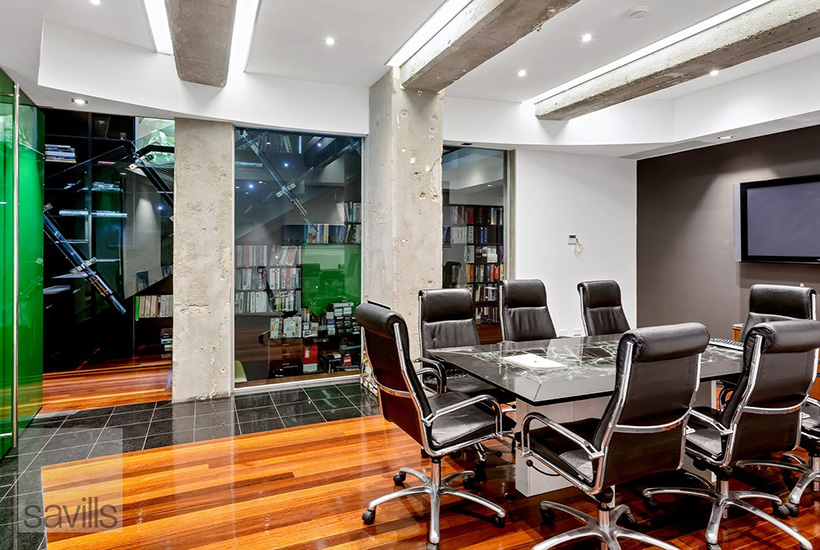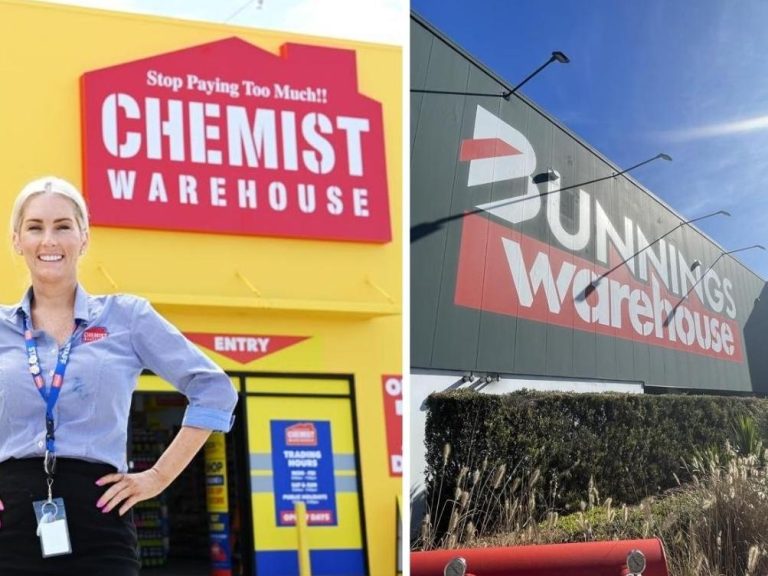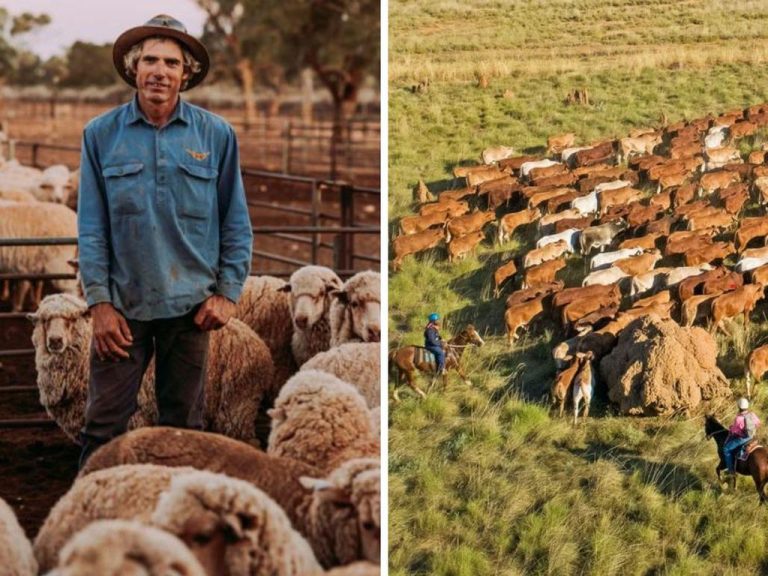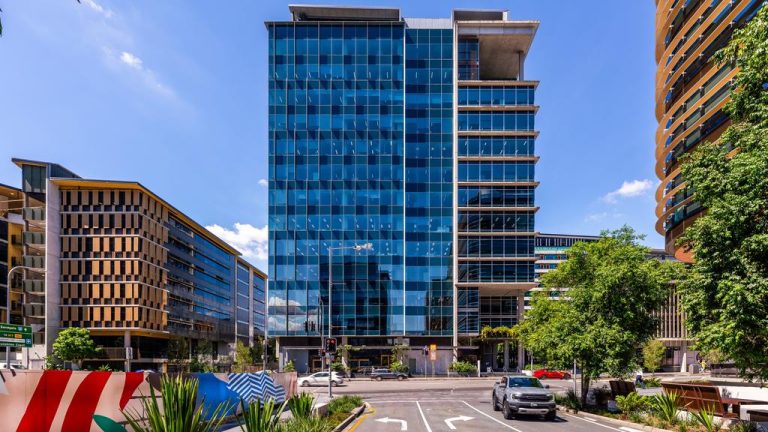Commercial property to be hard hit by Victorian budget

Business groups and developers say affordability will decline and commercial rents will rise in Victoria as a result of the $2. 4 billion in new property taxes announced in last week’s state budget.
Business leaders have dismissed treasurer Tim Pallas’s contention that the budget reflects “a fair and progressive tax system that makes sure everyone pays their fair share to support Victoria’s economic recovery.”
The head of the Victorian Property Council Danni Hunter criticised the decision to impose a new windfall gains tax, which would see developers and landowners pay a 50% tax from July 2022 if their property is rezoned and they reap a gain of $500,000 or more. The tax is phased in from windfalls above $100,000.
The state government said the new windfall gains tax on profits would “claw back” an estimated $40 million a year, to be shared with the community and invested in public transport, schools and other vital infrastructure.
But Ms Hunter said the new tax was a “blatant and exorbitant attempt by Government to profiteer from the investment of the property industry in developing and delivering city-shaping projects.”
Since developing its first residential estate thirty-years-ago, a 30-lot development in Bendigo, Villawood Properties has delivered more than 100 developments across the state.
Villawood Properties executive director Rory Costelloe told realcommercial.com.au the windfall gains tax would increase the price of land and reduce affordability.
“This new tax will be an inhibitor to be able to buy land, because the vendor will decide he’s going to lose half his money in tax, so he’s going to want more money for it. So, by default, it will push up the price of land dramatically,” he said.
“We’ve tried to buy many, many blocks of land over the years. And the vendor, even though they are making insane profit – you know some of the farmers see absolutely astronomical uplift – still worry about how much tax they’re paying the government.”
Mr Costelloe said the charges associated with developing land for residential purposes were already well over $1million per hectare when accounting for ICP costs (Infrastructure Contribution Plans), Melbourne Water charges and the GAIC (Growth Area Infrastructure charges).
“So, when you are selling a block of land, a huge amount goes out already. This new tax is going to push prices up, it’s as simple as that.”
The developer said it was imperative that the windfall tax be grandfathered to ensure contracts signed before July 1, 2022, the proposed introduction date, were not caught up in the new tax ruling. A failure to do so would “cause havoc” he said as vendors who had used the profit of one sale to purchase another, would see the profit “vaporise” and risk not being able to settle.
In the same week the Housing Industry Association announced record construction of detached houses in the state – 146,000 starts in the 12 months to September 2021 – the group’s executive director Fiona Nield said the new tax will decrease affordability.
“The windfall gains tax is particularly concerning and will take a disproportionate share of property value from landowners that are helping to support the growth in housing supply for the state,” she said.
“Home building has been a rare bright spot for the state during the pandemic and a financial lifeline to countless households,” she said.
“Housing will never be more affordable by increasing or introducing property taxes. Increasing supply is the way to improve affordability.”
The Victorian government’s increases to land tax and stamp duty announced in last week’s budget, along with the impact on commercial landlords, has created a heated discussion within the business community.
The Victorian Chamber of Commerce chief executive Paul Guerra described the state budget as “fiscally responsible with restrained, yet targeted spending”, but urged the government to “stop treating business as a fund of last resort”. He said the new taxes and levies were disincentives for large and global businesses to have a base in Victoria.
The Real Estate Institute of Victoria chief executive officer Gil King said the new property taxes would be “the last straw for many commercial CBD landlords” struggling to find tenants and that it was “highly likely that increased property taxes would flow as rent increases.”
REIV president Leah Calnan said the tax hikes would make Victoria a less desirable place to invest, which could harm jobs and the economy.

Commercial landlords will struggle to pay increased taxes at a time when vacancies are on the rise. Picture: Getty
A CBRE Research report released this month revealed commercial lease incentives across both Melbourne’s CBD and suburban markets had risen to levels not seen since the early 90s, as landlords try to mitigate rising vacancies and remote working practises.
“It is this threat of long-term vacancies … that has pushed landlords, especially institutional landlords, to offer a combination of attractive rent-free periods, contributions to fit-outs and early access if there is opportunity to secure a quality tenant,” the CBRE research stated.
Office vacancies in Melbourne’s CBD rose to 8.2% by March this year, according to the report.
REA Group economist Anne Flaherty said the state government’s decision to lift land tax and stamp duty at a time when commercial landlords were receiving less in cash flow was a major blow to their recovery.
“Victoria’s commercial property sector was harder hit than any other states last year, and we have many landlords now sitting on vacant properties or receiving substantially less in rent than they did pre-COVID,” she said.
Ms Flaherty drew comparison with the Victorian government’s approach to commercial property assets, and South Australia’s where stamp duty on commercial property has been abolished.
“Now the reason they did that was to try and encourage investment in SA and encourage more business to come to their state,” she said.
“Whereas what the Victorian government has done here is the total opposite, so I would think by increasing stamp duty by so much, for example, that is going to act as a disincentive to businesses to invest in Melbourne’s economy.”
Ms Flaherty said the extra taxes will make Melbourne less competitive.
“A lot of the major office occupiers in Melbourne are international companies and there are a lot of different locations where they could do business. By making Melbourne less appealing, it’s likely to have a flow on effect – to slow down the growth of employment and investment that we might see from international business.”
The state budget announced 13 new schools and ten new hospitals would be built in growth areas across Victoria. It also committed to funding kindergarten for all three and four-years-olds, which combined with the federal government’s $1.7 billion commitment to childcare subsidies, should further strengthen the appeal of investment in the childcare sector.
“It’s good news for landlords who own a child care centre and its going to encourage other investors to include child care in their portfolios,” Ms Flaherty said.
Childcare property specialist Adam Thomas from Burgess Rawson, said the childcare property investment market was experiencing record results.
Burgess Rawson has sold 22 childcare properties since December 2020 with a combined value of $114,012,00 million. This month a childcare property in Williams Landing sold for $10.98 million.
“Childcare as an asset class continues to offer attributes that investors are favouring such as long net leases, quality tenants underpinned by land value and intrinsic business value. As a result, childcare is a favourite for the post COVID investors’ world,” Mr Thomas said.







